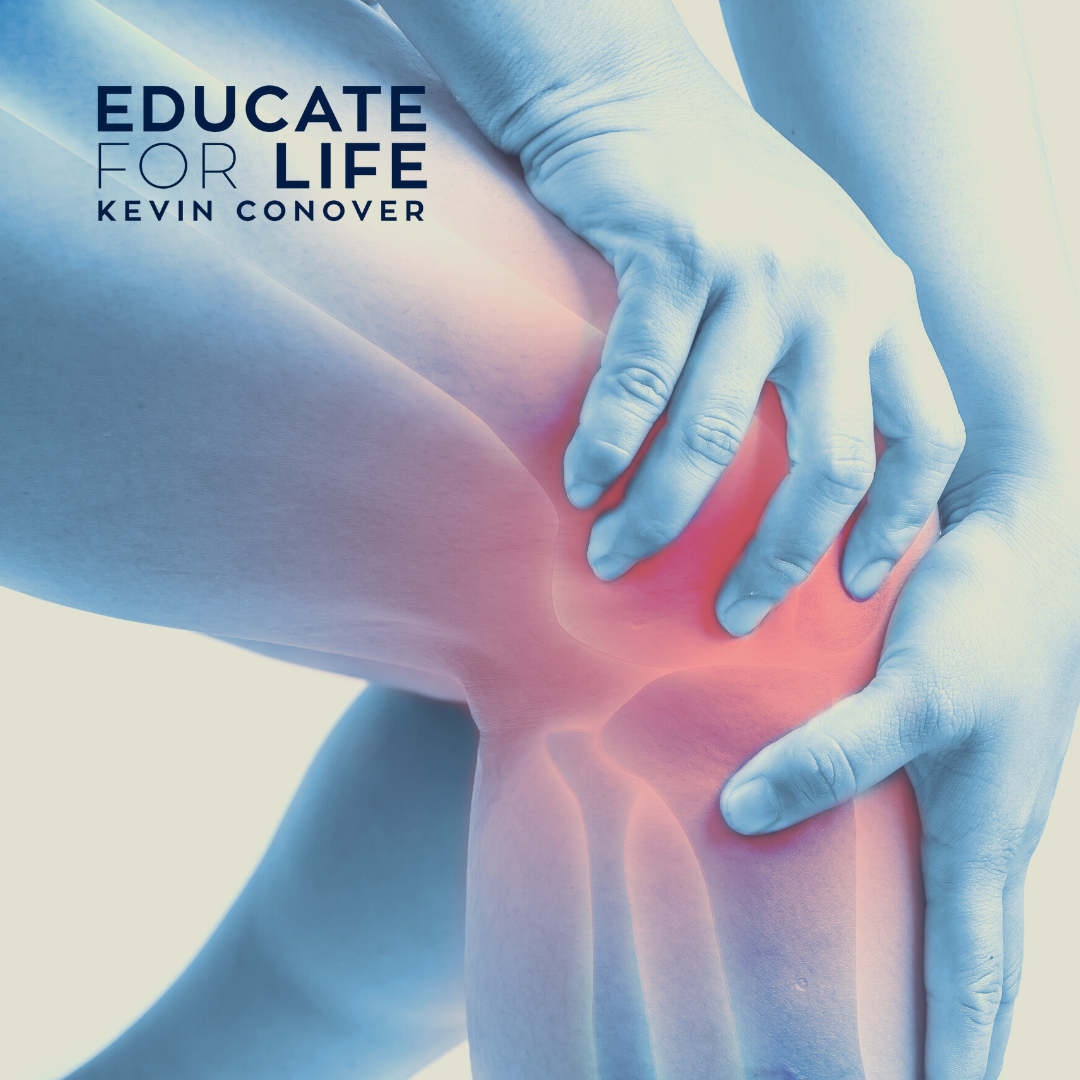Have you ever considered that most of the time, pain is a good thing?
Pain notifies us of sickness or injury. If you feel intense pain, you may seek medical attention. Without the warning indication of pain, you would rarely slow down. In a life-threatening situation, pain can actually impact survival. There are actual survival stories where people have been severely injured yet not incapacitated by pain. Near the edge of a cliff, a hiker finds the ground crumbling underneath and falls 60 feet onto a granite slab. Awaking from the fall, the hiker is badly hurt, but not overwhelmed with pain. Or a soldier that is badly wounded in battle yet keeps on fighting, feeling no pain. In each situation, survival is needed, so the brain temporarily blocks the pain.
How does our brain function under painful circumstances?
God has given our brain a contingency plan, ready to activate at a moment’s notice when we are faced with a life-threatening situation. Our brain recognizes the threat and initiates steps for our survival. Scientists do not fully understand the details, but they call this “the gate-control mechanism.” Nerves at the site of injury send signals along the nerves to a projection neuron, the gate located on the spine which forwards the message to the brain. If the pain must be blocked, the periaqueductal gray in the brain closes the gate by releasing natural pain killers. These natural pain killers are more powerful than morphine. Once the danger has passed, the periaqueductal gray removes the natural pain killers, allowing pain through the gate. God has equipped us with back-up systems, so we have the best chance to survive and handle unexpected dangers that may affect our lives.
(Source: Inspired Evidence – Heather M. Brinson – The Human Body Wired for Extremes, Answers Magazine pp.36-39, Oct. 2009 )









0 Comments
Trackbacks/Pingbacks